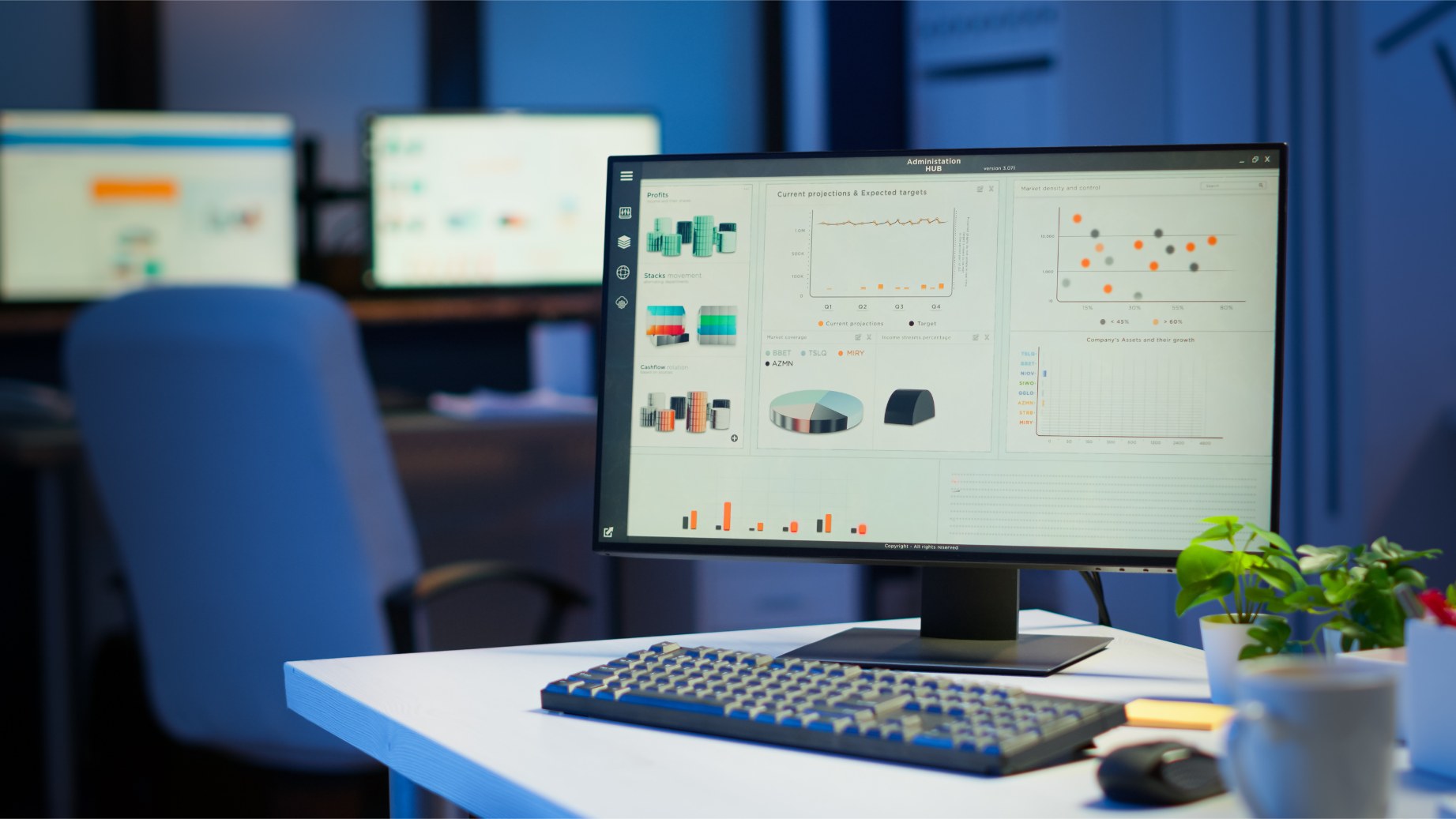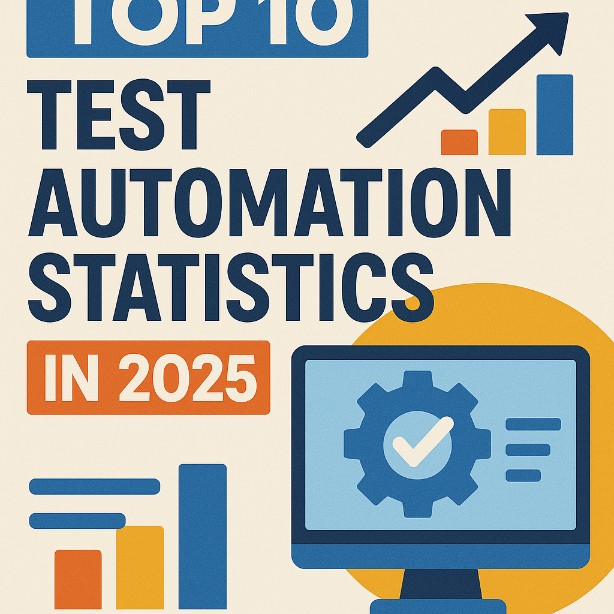Choosing the right NoSQL database can feel like a daunting task, especially with the growing number of options available. Whether you’re a business owner looking to manage your data more efficiently or a developer searching for a scalable solution, selecting the right database is crucial. NoSQL databases are designed for flexibility and scale, making them an excellent choice for handling modern applications’ ever-growing data needs.
In this guide, we’ll review eight of the best NoSQL databases to consider in 2025. We’ll start by explaining the basics for non-technical readers, then dive deeper into the technical details for developers and DevOps professionals.
Is Your Infrastructure Ready for Global Traffic Spikes?
Unexpected load surges can disrupt your services. With LoadFocus’s cutting-edge Load Testing solutions, simulate real-world traffic from multiple global locations in a single test. Our advanced engine dynamically upscales and downscales virtual users in real time, delivering comprehensive reports that empower you to identify and resolve performance bottlenecks before they affect your users.
So, whether you’re managing a startup, running an enterprise, or a student exploring NoSQL databases, this article will help you find the right fit.
Overview of the Best NoSQL Databases for 2025
Here’s a quick overview of the top eight NoSQL databases, along with links to their official websites:
- MongoDB – For its flexibility and popularity among developers.
- Couchbase – Known for its enterprise-grade performance and scalability.
- Amazon DynamoDB – Serverless and fully managed, making it ideal for large-scale applications.
- Cassandra – For businesses that need high availability and scalability.
- Redis – A powerful in-memory data structure store.
- Firebase Realtime Database – Best for real-time data synchronization.
- Neo4j – Optimized for graph-based data and relationships.
- RethinkDB – Real-time push architecture for live applications.
What Is NoSQL?
NoSQL databases are non-relational databases that store and manage data differently from traditional SQL (relational) databases like MySQL or PostgreSQL. Unlike SQL databases, NoSQL databases don’t require a predefined schema, allowing for more flexible data storage, especially when dealing with unstructured or semi-structured data.
Think your website can handle a traffic spike?
Fair enough, but why leave it to chance? Uncover your website’s true limits with LoadFocus’s cloud-based Load Testing for Web Apps, Websites, and APIs. Avoid the risk of costly downtimes and missed opportunities—find out before your users do!
Why NoSQL Is Popular:
- Scalability: Ideal for handling large amounts of data across distributed servers.
- Flexibility: Schemas can change over time without impacting existing data.
- Speed: Many NoSQL databases provide fast data retrieval by prioritizing key-value or document-based storage models.
Now let’s dive deeper into the top choices.
The Best NoSQL Databases for 2025
1. MongoDB
Category: Document Store
MongoDB is the most popular NoSQL database, often the go-to choice for developers. It uses a flexible document model, allowing you to store data in a JSON-like format, which is ideal for applications with rapidly changing data structures.
Key Features:
- Schema-less, so data models can evolve quickly.
- Scalable architecture with support for distributed data.
- Powerful querying capabilities with built-in aggregation frameworks.
- Free-to-use community edition and paid enterprise features.
Pros:
- Flexible schema design.
- High availability and easy replication.
- Extensive community support.
Cons:
LoadFocus is an all-in-one Cloud Testing Platform for Websites and APIs for Load Testing, Apache JMeter Load Testing, Page Speed Monitoring and API Monitoring!
- Complex sharding process for horizontal scaling.
2. Couchbase
Category: Document Store
Couchbase is known for its high performance and low-latency data access. It provides a combination of SQL and NoSQL features, making it a hybrid database solution.
Key Features:
- Integrated full-text search.
- Multi-dimensional scaling for high availability and performance.
- Query using SQL with Couchbase’s N1QL query language.
Pros:
- Supports both document and key-value use cases.
- Built-in memory caching for faster reads and writes.
Cons:
- Higher learning curve for new users.
3. Amazon DynamoDB
Category: Key-Value Store
DynamoDB is Amazon’s fully managed NoSQL database service. It’s designed for scalability, offering automatic sharding and load balancing without any manual intervention.
Key Features:
- Fully managed and serverless.
- Built-in security features, including encryption.
- Seamless integration with AWS Lambda for event-driven applications.
Pros:
- No need to manage servers or infrastructure.
- Excellent for high-traffic applications.
Cons:
- Higher operational costs at scale compared to self-hosted solutions.
4. Apache Cassandra
Category: Column Store
Cassandra is an open-source database known for handling large-scale data across multiple servers with zero downtime. It’s perfect for companies that need constant uptime and scalability.
Key Features:
- Peer-to-peer distributed architecture.
- Tunable consistency levels for different use cases.
- Elastic scalability with no single point of failure.
Pros:
- Ideal for high availability and distributed architecture.
- Extremely scalable, even across multiple data centers.
Cons:
- Complex to manage and tune for optimal performance.
5. Redis
Category: Key-Value Store
Redis is an in-memory data store known for its speed and flexibility. It supports data structures such as strings, hashes, lists, and sets, making it highly versatile for various use cases.
Key Features:
- Lightning-fast performance, as it operates in-memory.
- Supports multiple data types and structures.
- Can be used for caching, session management, and real-time data processing.
Pros:
- Very fast data retrieval and manipulation.
- Simple to set up and use for a variety of applications.
Cons:
- In-memory nature means potential issues with data persistence.
6. Firebase Realtime Database
Category: Real-time Database
Google’s Firebase Realtime Database is designed for real-time data synchronization, making it perfect for applications like chat apps, live feeds, and online games.
Key Features:
- Real-time data syncing between users.
- Serverless architecture with easy Firebase integration.
- Offline support for mobile and web apps.
Pros:
- Perfect for real-time applications like messaging and notifications.
- Easy integration with other Firebase products.
Cons:
- May not scale as well as other databases for high-traffic apps.
7. Neo4j
Category: Graph Database
Neo4j is a powerful NoSQL database designed to handle highly connected data. It’s widely used for applications like recommendation engines, social networks, and fraud detection.
Key Features:
- Graph-based querying, making it ideal for relationship-heavy datasets.
- ACID compliance for strong data integrity.
- Visual query interface for easy data exploration.
Pros:
- Optimized for graph-based data and queries.
- Efficient storage of relationships between entities.
Cons:
- Can be overkill for non-graph-based data.
8. RethinkDB
Category: Document Store
RethinkDB is an open-source NoSQL database that focuses on real-time apps. It’s designed to push updates to the client in real time, making it ideal for collaborative applications like dashboards and messaging apps.
Key Features:
- Real-time query support with push notifications.
- Powerful query language based on JavaScript.
- Open-source with a strong community.
Pros:
- Real-time data push architecture.
- Easy to integrate with front-end apps.
Cons:
- Development has slowed since the company behind it shut down.
FAQs
Which NoSQL database is the best?
It depends on your use case. MongoDB is the most popular for general use, DynamoDB is best for serverless apps, and Redis is great for caching and in-memory storage.
Is MongoDB the best NoSQL database?
MongoDB is one of the most versatile and widely-used NoSQL databases, offering flexibility and scalability. However, the “best” database depends on your specific needs.
Is NoSQL going to replace SQL?
NoSQL databases complement SQL databases, but they are unlikely to fully replace them. SQL databases are still best for structured data and complex queries.
Is NoSQL the future?
NoSQL databases are growing in popularity due to their flexibility and scalability, especially for unstructured data. However, both SQL and NoSQL will likely coexist for the foreseeable future.
Conclusion
No matter your needs, there’s a NoSQL database that fits your project in 2025. Each database offers unique features and strengths, from MongoDB’s flexibility to DynamoDB’s scalability.
You can easily customize your database solution with the right NoSQL tool, adding tasks and subtasks with AI, and even changing the ambient sound and background images or videos for added personalization.





